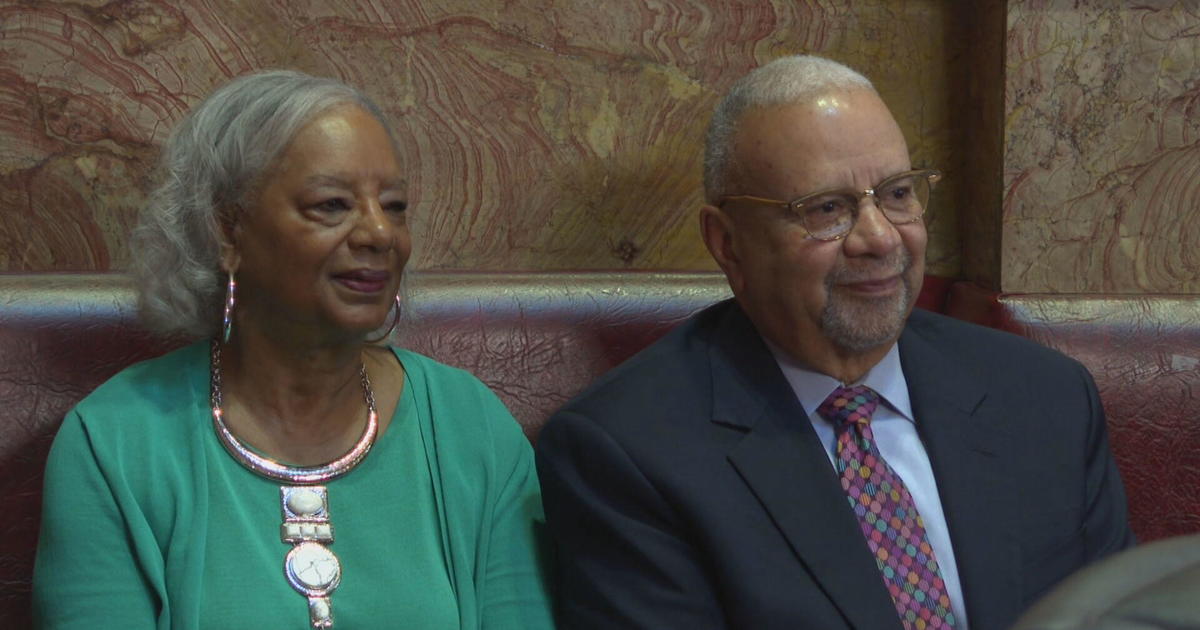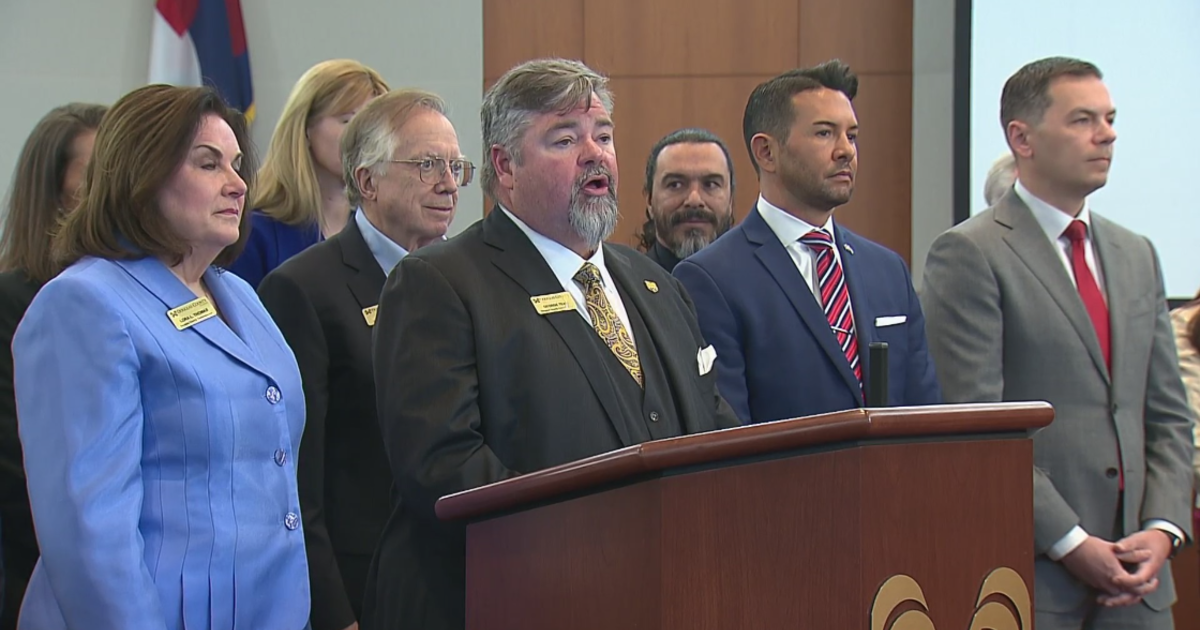Largest Health Insurer On Colorado Exchange Collapses
DENVER (AP) — Colorado's biggest nonprofit health insurer announced its closure Friday, forcing nearly 83,000 Coloradans to find a new insurer for 2016.
Colorado HealthOP announced Friday that the state Division of Insurance has said it can't keep selling health insurance. That's because the cooperative relied on federal support, and federal authorities announced last month they wouldn't be able to pay most of what they owed to a program designed to help health insurance co-ops get established.
The Colorado announcement makes the co-op the seventh in the nation to collapse. Similar nonprofit insurers have already failed in Kentucky, Louisiana, Iowa/Nebraska, Nevada, New York and Tennessee.
Open enrollment for 2016 starts Nov. 1. The Colorado Division of Insurance must first certify insurers before they're allowed to sell plans, so the decision essentially puts Colorado HealthOP out of business.
In a statement announcing its closure Friday, Colorado HealthOP said it was "well on its way" to repaying some $72.3 million it has borrowed from the federal fund. The co-op reported a net loss of $23 million last year.
Colorado HealthOP CEO Julia Hutchins called the de-certification "irresponsible and premature."
"The Division has let local and national politics hurt Coloradans' access to low-cost health care options and assessed Colorado taxpayers with significant avoidable costs," Hutchins said in the statement.
The Division of Insurance released a statement saying it had no choice but to order Colorado HealthOP closed. Insurance Commissioner Marguerite Salazar said in a statement that the lack of federal support put the co-op at risk of not being able to cover claims.
"I sympathize with the HealthOP, but the Division has requirements and it has to protect consumers," Salazar wrote.
Colorado HealthOP's board of directors has requested that the state allow a board-appointed independent consumer protection ombudsman to assist through the shut-down.
Republicans pointed to the co-op's closure as a sad but predictable outcome.
"Taxpayers are on the hook for millions of dollars in loans given out to the CO-OP, money that will likely never be repaid," U.S. Sen. Cory Gardner said in a statement after the announcement. When Gardner was in the House, he joined other Republicans in a 2013 bill to repeal the fund in question.
Hutchins pointed out that the payments to insurance cooperatives have been offset by tax credit insurance subsidies going to larger insurers, and that those least able to afford insurance will be most hurt by the national wave of co-op closures.
"We need to step back and look at the hundreds of thousands of people who are losing access to low-cost coverage," Hutchins said.
One Republican echoed her thoughts, saying the co-op failures could drive up costs for all. Colorado HealthOP accounted for nearly 40 percent of the exchange's total customers, so its departure shakes up the overall exchange dramatically.
"I really wonder about the viability of the exchange," said Rep. Lang Sias, R-Arvada and a member of a legislative health insurance oversight committee.
Sias said rates for everyone will go up next year.
"They're all going to be paying more, on average, I would expect," Sias said.
By KRISTEN WYATT, Associated Press
(© Copyright 2015 The Associated Press. All Rights Reserved. This material may not be published, broadcast, rewritten or redistributed.)



